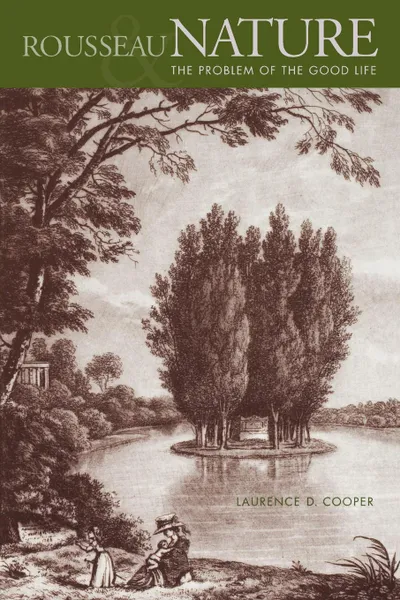Rousseau, Nature, and the Problem of the Good Life 12+
Автор: Laurence D. Cooper
2006
240 страниц
Категория: Научная литература
ISBN: 9780271029887
Язык: Английский
Где найти книгу?
📕 The rise of modern science created a crisis for Western moral and political philosophy, which had theretofore relied either on Christian theology or Aristotelian natural teleology as guarantors of an objective standard for "the good life." This book examines Rousseau's effort to show how and why, despite this challenge from science (which he himself intensified by equating our subhuman origins with our natural state), nature can remain a standard for human behavior.While recognizing an original goodness in human being in the state of nature, Rousseau knew this to be too low a standard and promoted the idea of "the natural man living in the state of society," notably in Emile. Laurence Cooper shows how, for Rousseau, conscience--understood as the "love of order"--functions as the agent whereby simple savage sentiment is sublimated into a more refined "civilized naturalness" to which all people can aspire.
Мнения
